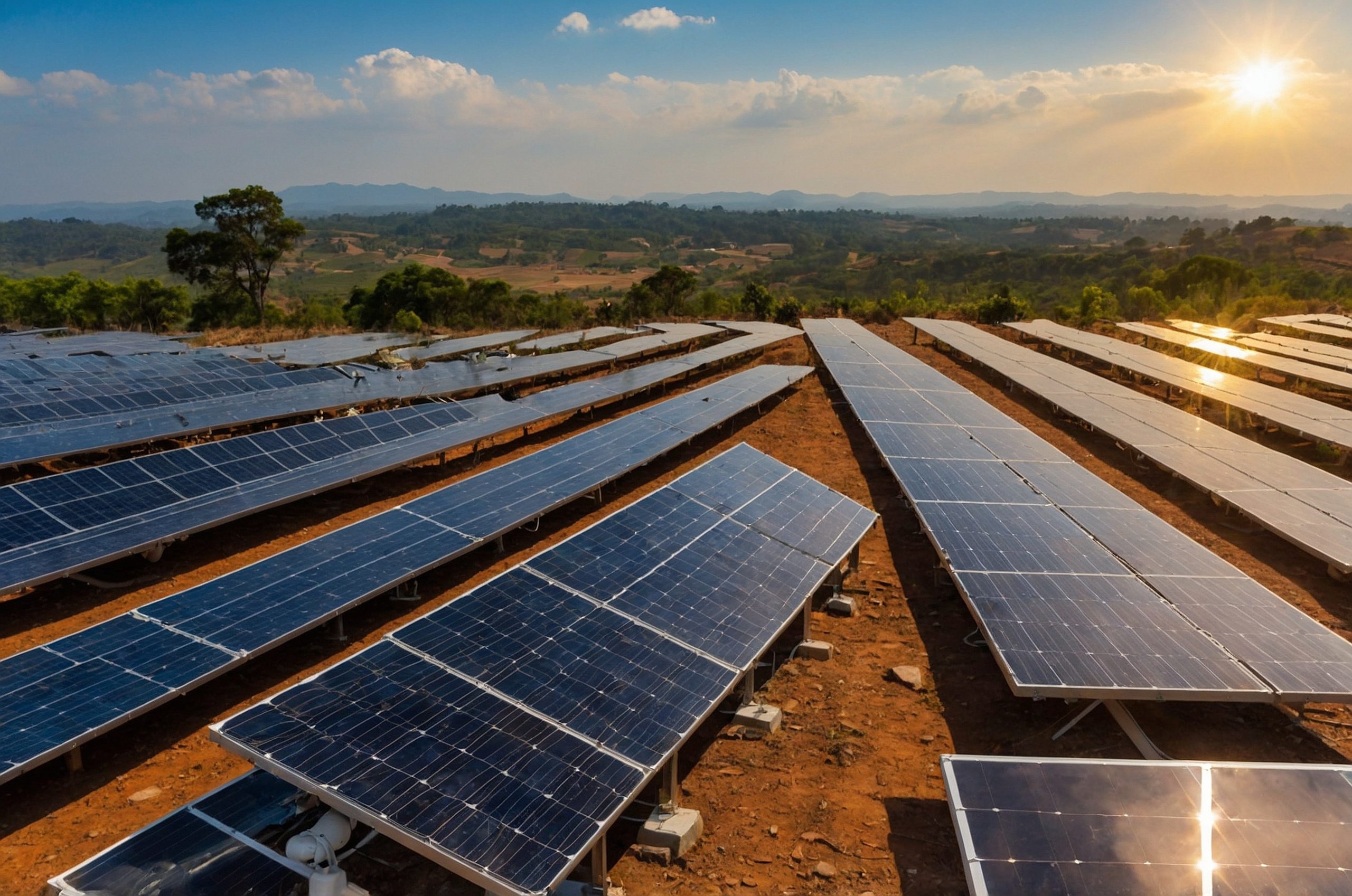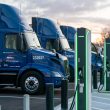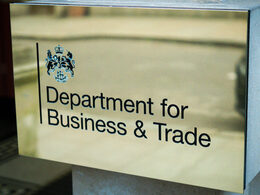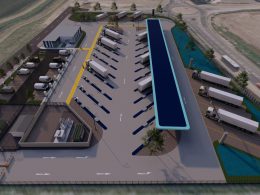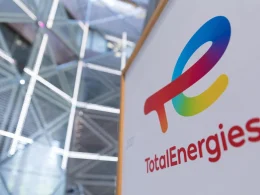First Solar Inc. has pledged to exclude minerals extracted from the deep seabed from its supply chain, citing the need for further scientific research into the environmental risks of deep-sea mining. The decision aligns with the Global Moratorium on Deep Sea Mining, supported by over 30 governments and 60 companies, including Apple, Google, Rivian, Salesforce, and Samsung.
The commitment prompted As You Sow, a shareholder advocacy group, to withdraw a shareholder proposal addressing the use of deep-sea mined minerals in First Solar’s supply chain. The company’s stance challenges claims that deep-sea mining is necessary for the energy transition, instead advocating for alternative solutions such as mineral recycling and circular economy models.
“First Solar’s commitment helps prevent the adoption of another potentially destructive global practice,” said Elizabeth Levy, Biodiversity Program Coordinator at As You Sow. “While proponents of deep-sea mining argue that seabed minerals are essential for the energy transition, First Solar’s precautionary approach challenges this claim and demonstrates that the renewable energy industry can advance without exploiting deep-sea resources.”
Deep-sea mining involves extracting minerals from the ocean floor, a process that can destroy marine ecosystems, release toxic sediment plumes, and accelerate climate change by disturbing long-held carbon stores. Despite growing concerns, the International Seabed Authority (ISA) has yet to finalise regulations governing the practice, delaying a deep-sea mining code multiple times in recent years.
Regulatory uncertainties, environmental risks, and financial viability concerns have intensified scrutiny of deep-sea mining. As a result, As You Sow continues to engage with key industry players, having refiled shareholder proposals at General Motors and Tesla urging them to adopt similar sourcing policies excluding deep-sea mined minerals.















